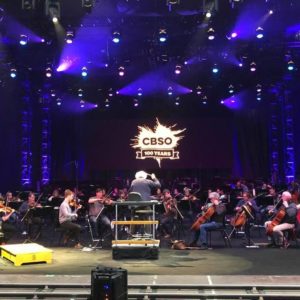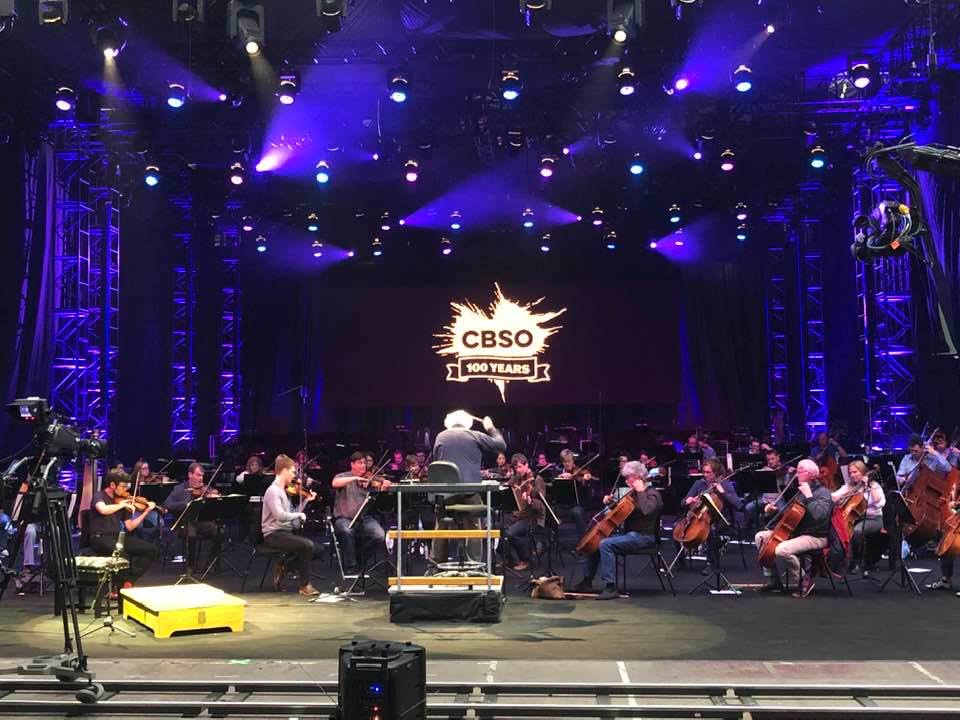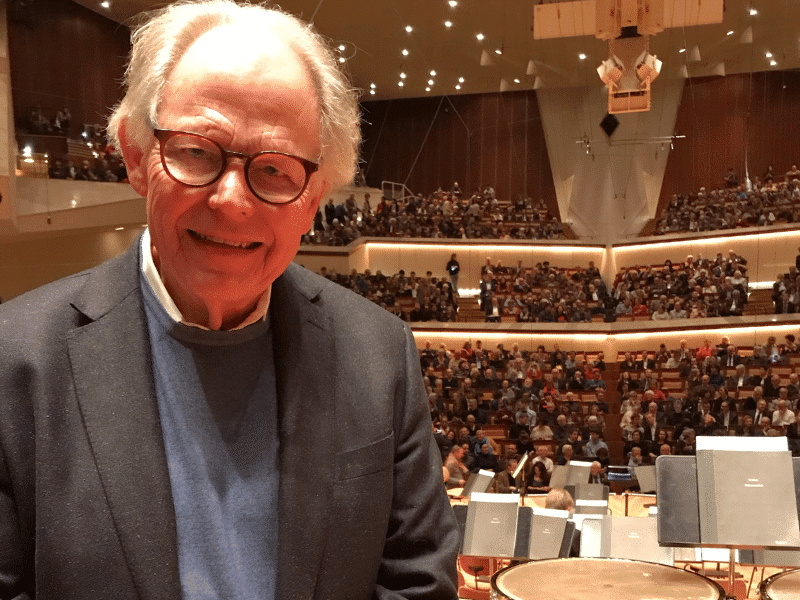Audience nuisance is back
NewsChristopher Morley meets a familiar pest yesterday at Birmingham’s Symphony Hall:
CBSO at Symphony Hall *****
Andy Warhol said everyone gets their 15 minutes of fame — or, in the case of one soulless individual at Symphony Hall on the afternoon of July 7, 15 minutes of infamy, bursting into applause the instant an absolutely magical account of Prokofiev’s First Violin Concerto had reached its ethereal, fairy-tale conclusion. People being people, a few mindless lemmings joined in, all stopping shamefacedly when they could feel the rest of us hating them for having broken the spell.
This came at the end of a performance in which Alina Ibragimova turned her virtuosic solo line into an intimate colloquy with the orchestra, solo members — flute, harp, clarinet, and the finale’s splendid bassoon, among others — emerging to combine with the intimate textures spun by her amazingly versatile range of tone.
But there was also plenty of rhythmic zest, not least in Prokofiev’s alternately fleet and earthy scherzo. We (the aforementioned party-pooper apart) listened enthralled, marvelling at not only Ibragimova’s technique, but also her capacity to reveal all the manifold beauties of this wonderful work.
Another violin-connected piece had preceded the concerto, Heroic Strokes of the Bow by one-time CBSO Composer-in-Association Judith Weir, a response to the painting “Heroische Bogenstriche”, a tribute by Paul Klee, himself a violinist, to the great violinist Adolph Busch.
The strokes here are not only strokes of the violin bow, but also brush-strokes, as this substantial, gripping piece is built upon vivid, almost garish incidents, all communicating with clarity, and many of which we recollect as the ending approaches. Beginning like a Beethoven overture, assertive strings and nobly heroic horns, it moves into cool woodwind sounds, and even sussurating evocations of the Forest Murmurs from Wagner’s Siegfried.
Joshua Weilerstein (replacing the quarantine-restricted Edward Gardner) directed a sympathetic, enthusiastic reading from the CBSO.
And “enthusiastic” is the term indeed to describe his conducting this afternoon. Weilerstein’s beat is always clear, he allows himself callisthenic movement to convey his expressive intentions, and what better symphony to require such an approach than Beethoven’s Seventh Symphony? Driving with energy, even in the taut grief of the slow movement, the work takes so much out of the players, but this performance displayed all the uniform excellence of the CBSO’s strings, Weilerstein wringing every ounce of extra dynamism from his forces in the whirling finale — which, I am pleased to say, followed straight on with scarcely a pause from the Scherzo with which it shares an underlying pulse.
And to think these valiant forces would have to repeat these marvels a few hours later, in this, the last of the wonderful, emergency series of concerts a full-strength CBSO has brought to a music-starved Symphony Hall this spring and early summer.
Christopher Morley

Slippedisc has reviewed every concert in the CBSO’s centenary season, many of them unnoticed by general media. We are expanding our review capacity and can do the same for you when concerts reopen. Contact us to discuss.






Comments